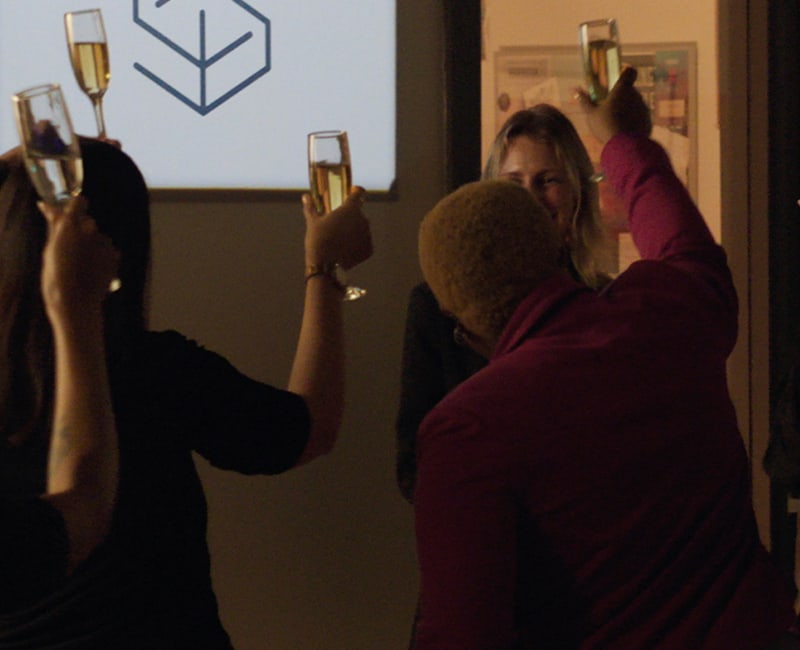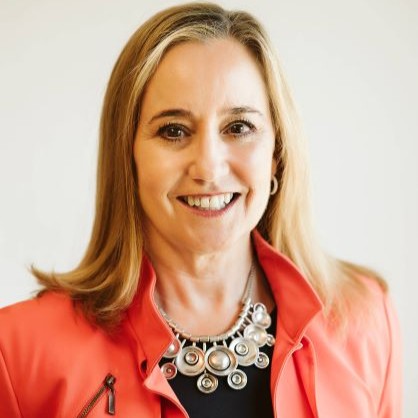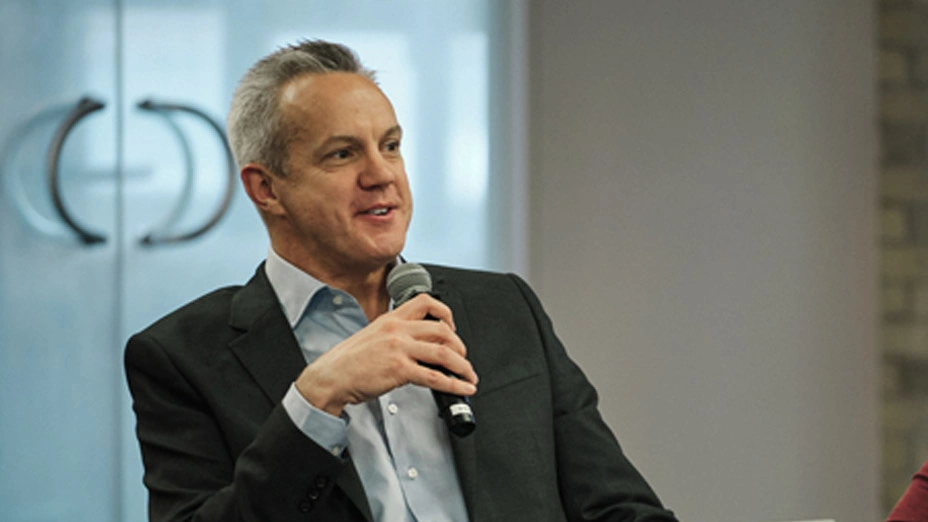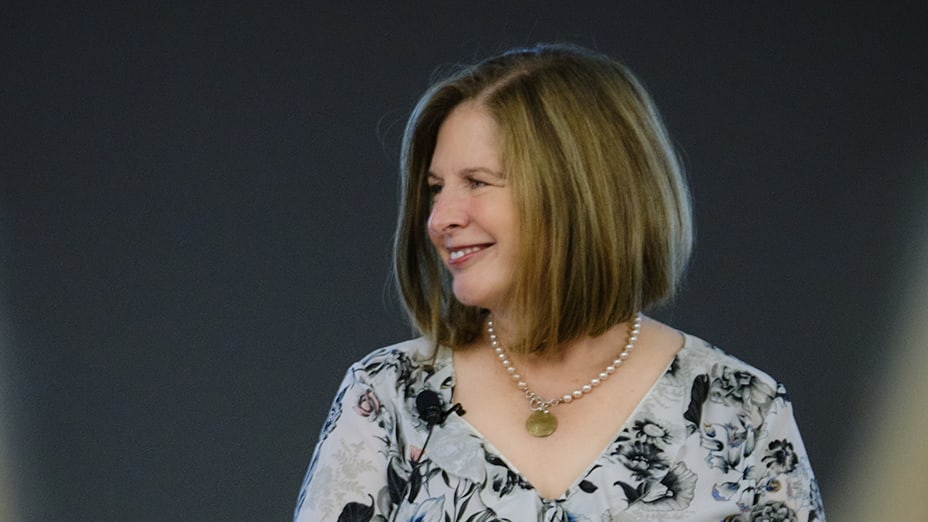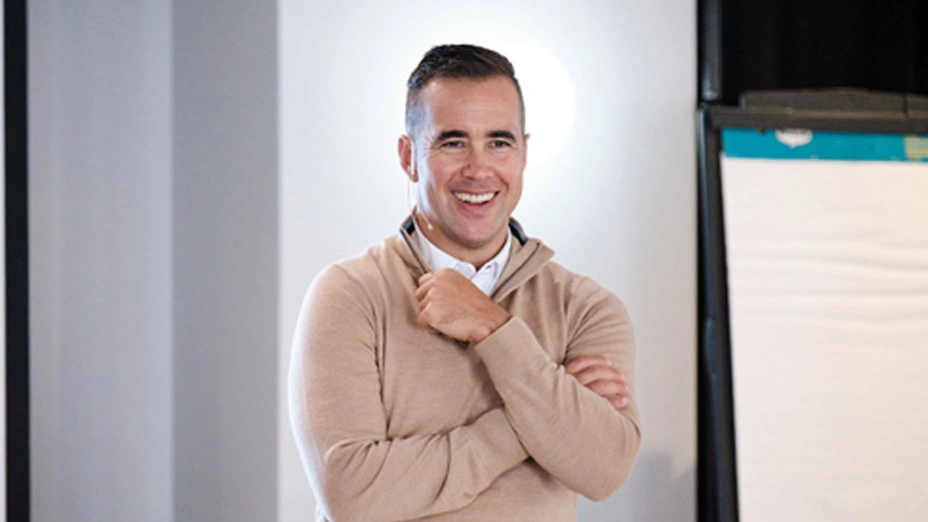The Premier Business Coaching Program For Visionary Entrepreneurs
Without The Burnout
Without The Burnout Power Your Growth—
Without The Grind Power Your Future—
Without The Frustration Power Your Business—
Without The Burnout
-
Results: Sustained and accelerated business and personal growth.
-
Clarity: Improved mindset and confidence for better decision making.
-
Framework: Structured time, space, and tools to think about your future.
Feeling stuck? There’s an easier way forward.
Strategic Coach® isn’t just another business coaching program—it’s a transformative experience for entrepreneurs who want to grow.
Coach membership provides the missing structure to help you break through whatever is standing between where you are now and where you want to be.
What You Get From Strategic Coach Membership:
- 01 Connection and collaboration opportunities with a global community of elite entrepreneurs.
- 02 Quarterly workshops that give you the dedicated space to work on yourself and your business.
- 03 Exclusive coaching and access to entrepreneurial experts.
- 04 Strategies, tools, and systems that the world’s top entrepreneurs use to run their businesses.
- 05 Fresh mindsets and innovative ideas for multiplying your business growth.
- 06 1:1 accountability and guidance that keeps you on track—and ensures you never have to do it alone.
- 07 Supplementary programs and workshops to put everyone around you—including your team and family—on the same page.
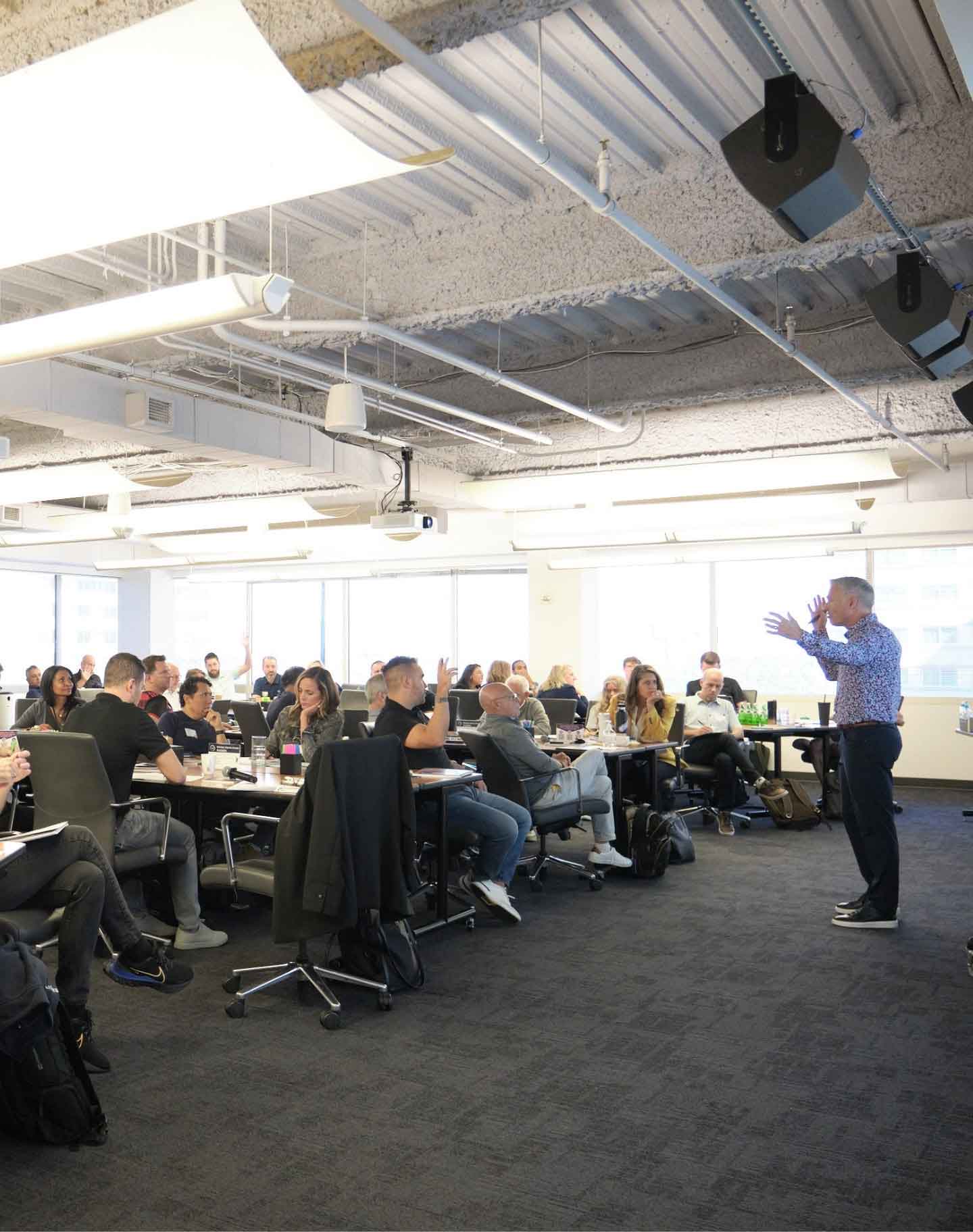
Strategic Coach Is For You If:
You're an entrepreneur (business owner, professional in your practice, or high-commission salesperson).
You've been in your own business for at least three years.
You earn a minimum net personal income of US/CA$200K or UK£150K.
You're ready to invest in transforming your thinking into new levels of freedom and growth.
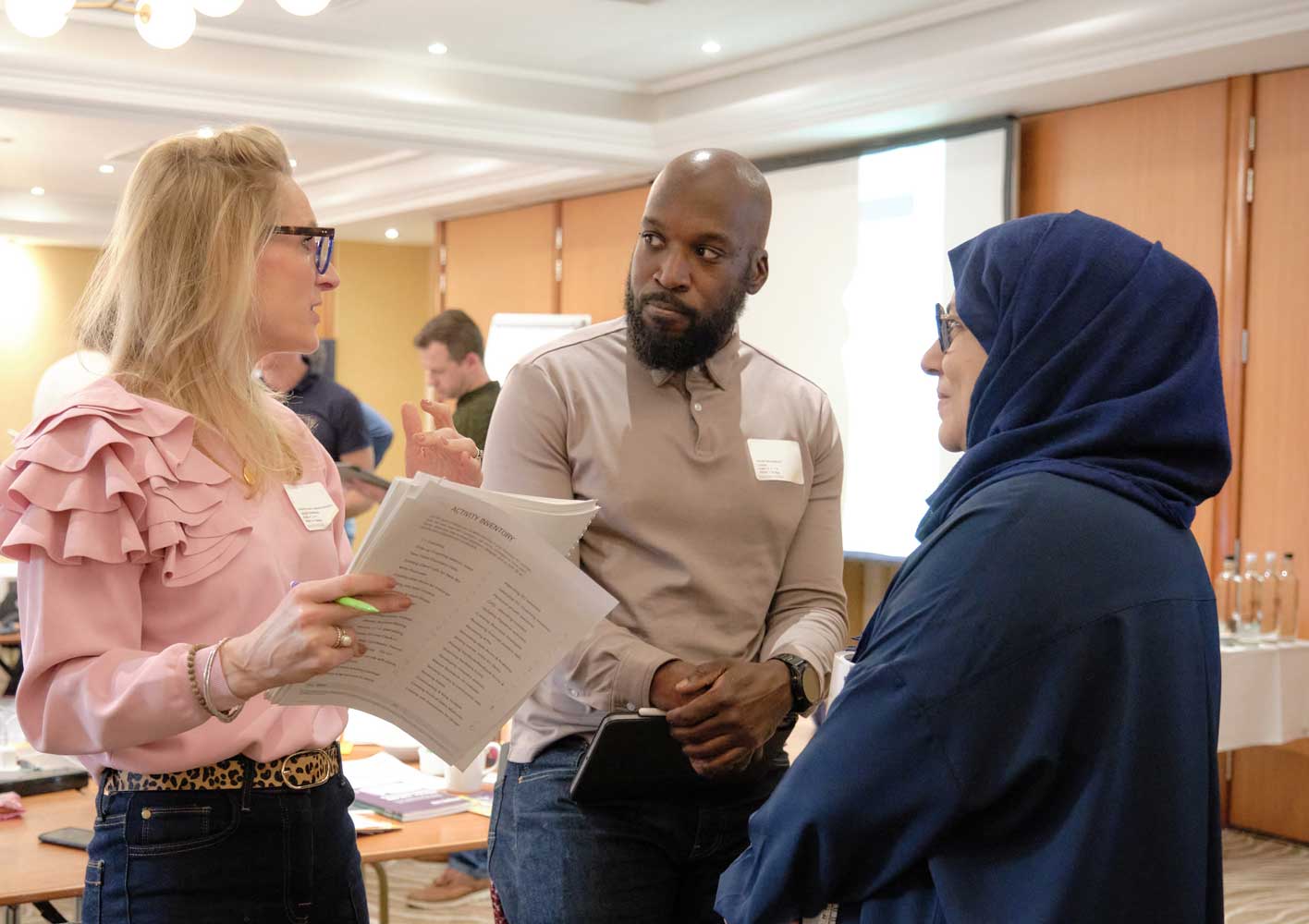
Transformation Stories
Hear about the life-changing results you can expect from working with our business coaches for entrepreneurs.
Business Coaches Who’ve Been In Your Shoes
Our coaches spend years implementing Strategic Coach concepts and thinking tools into their own businesses and know what it takes to break through what we call the Ceiling of Complexity™. They’re committed to helping you achieve quick, transformative results.
-
David BraithwaiteEntrepreneurial Coach and Business Consultant
15 Years in Strategic Coach -
Patti MaraCreator of The Business Reinvention Blueprint
25 Years in Strategic Coach -

New Book: 10x Is Easier Than 2x
How World-Class Entrepreneurs Achieve More by Doing Less
